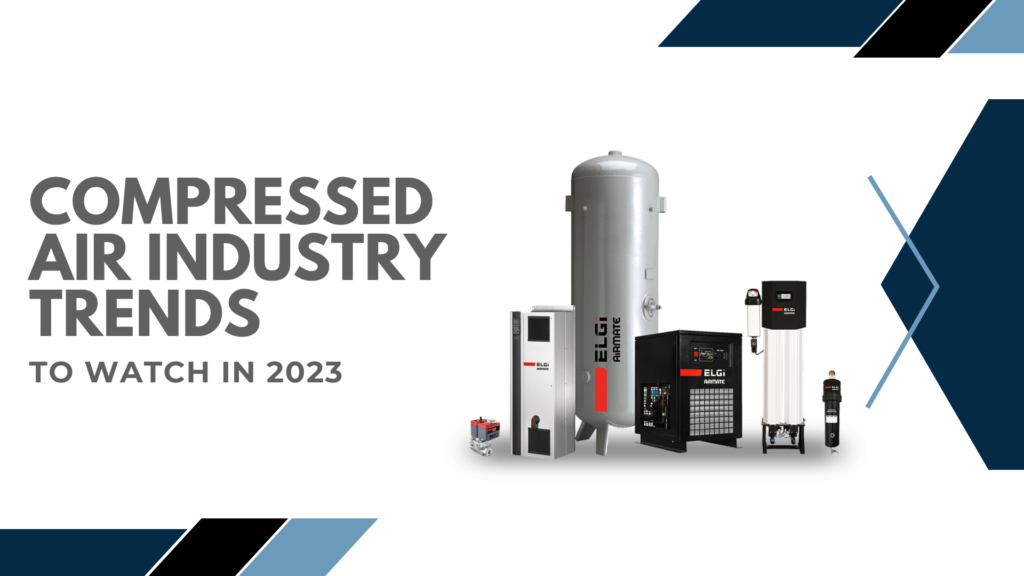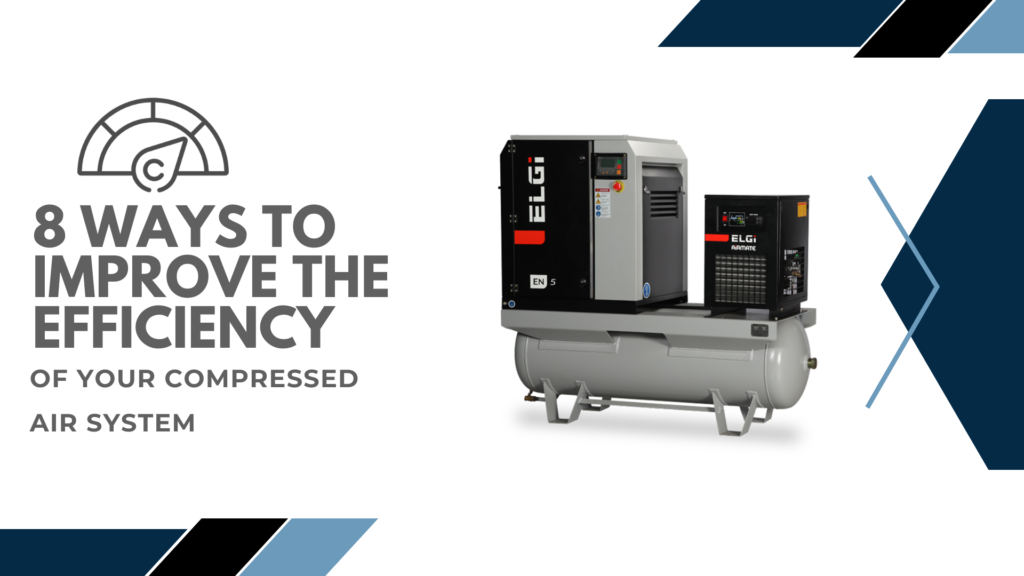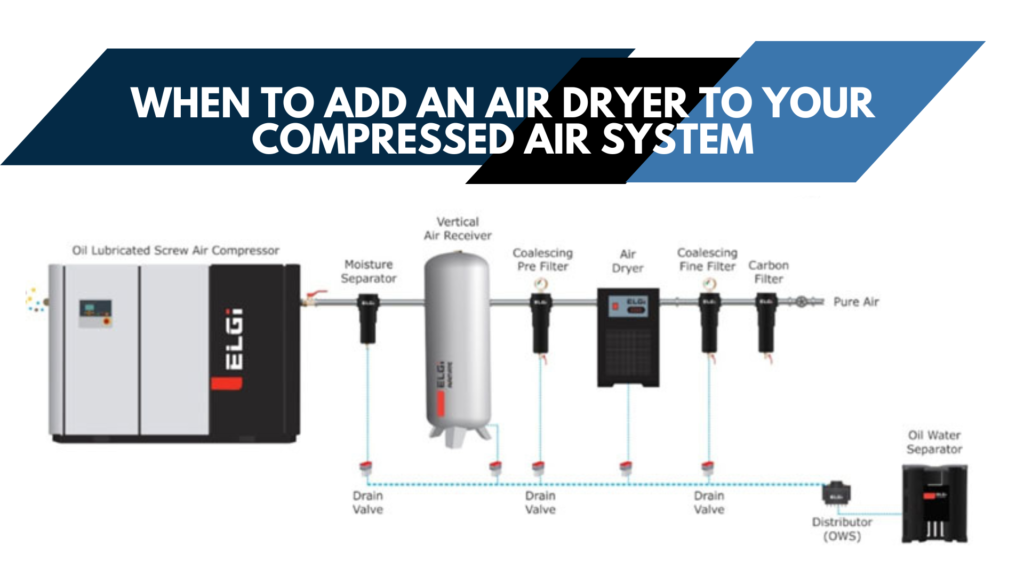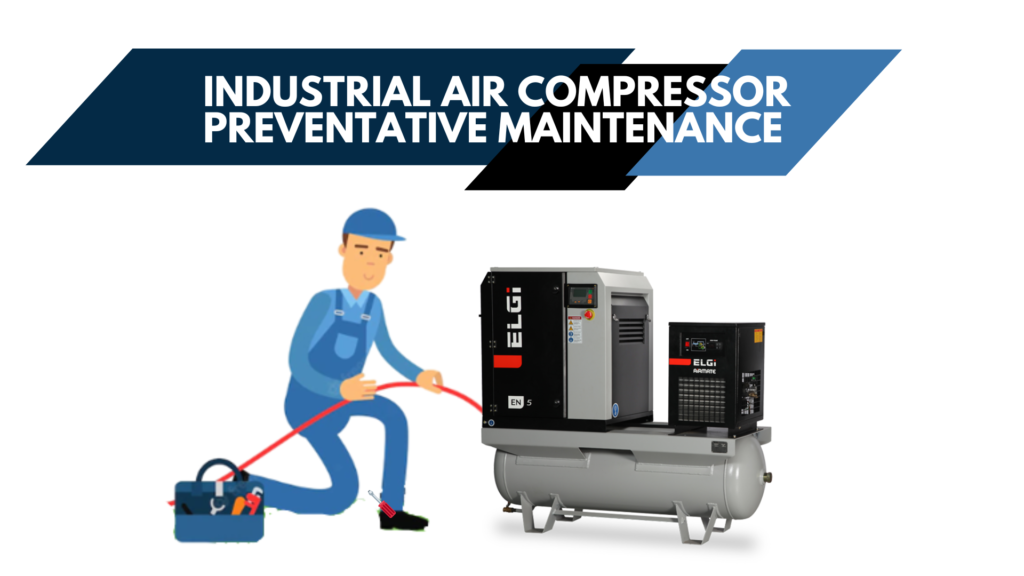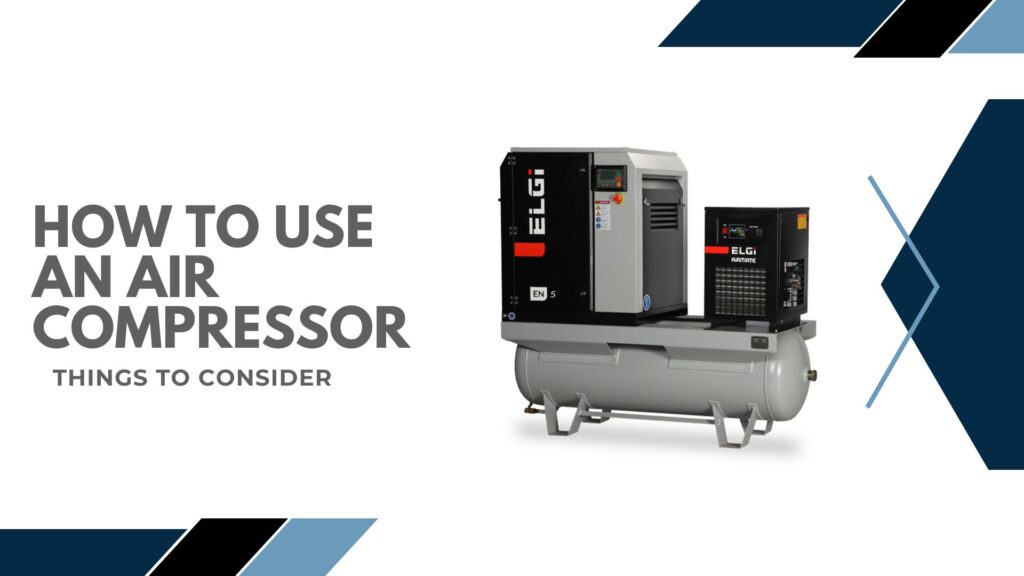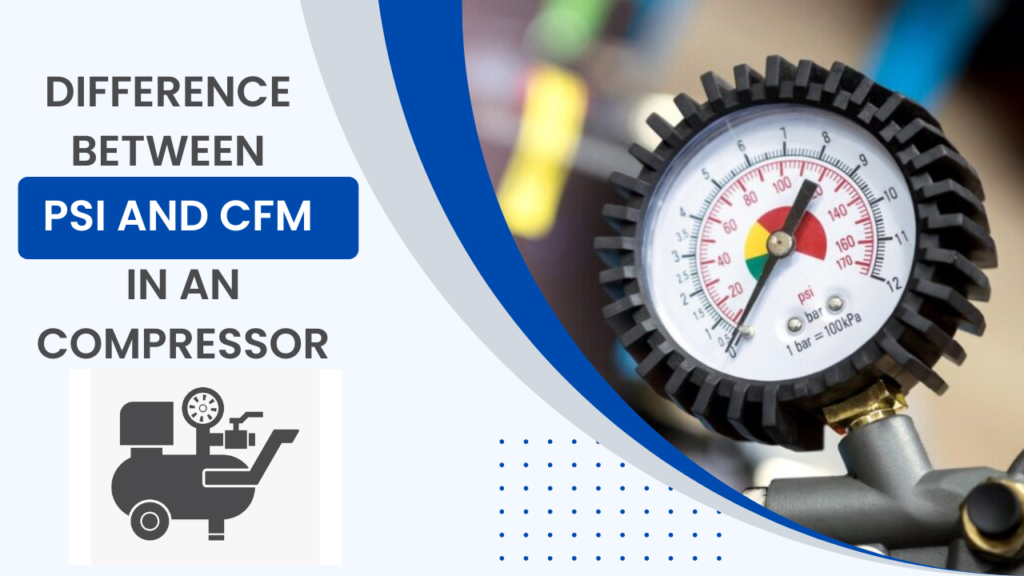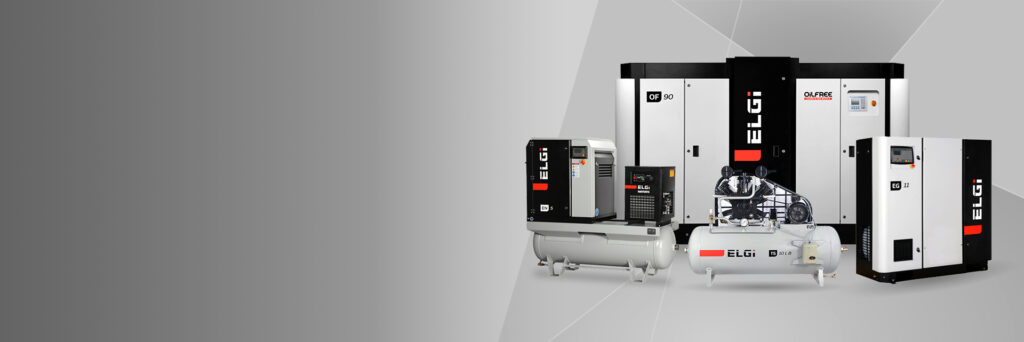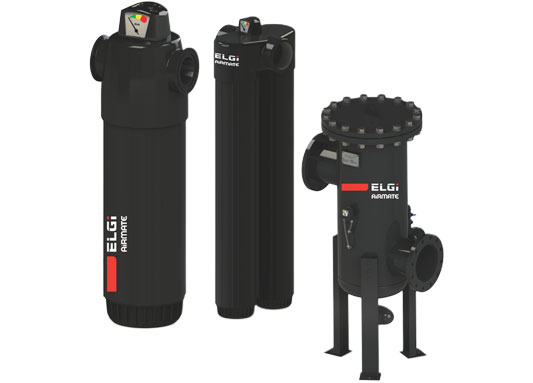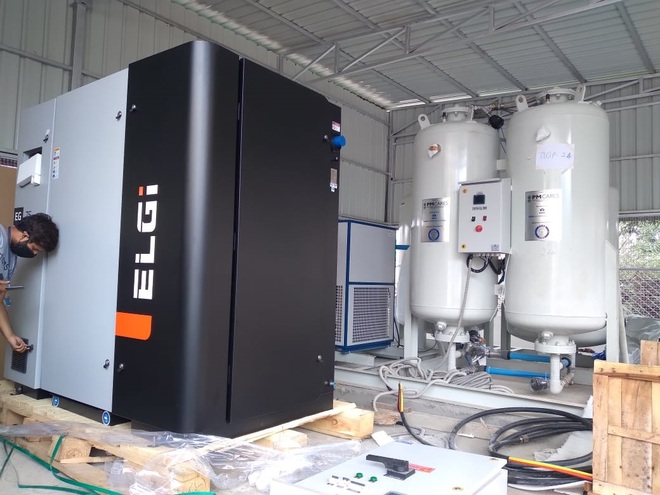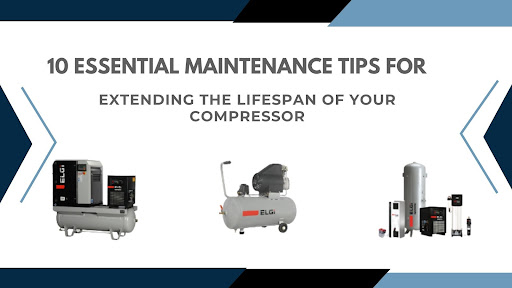
Air compressors are a hefty investment which owners want to get the maximum benefit from. However, this is only possible by extending their lifespan through regular and proactive maintenance. Sudden breakdowns can be costly in terms of not just immediate repairs, but also loss of business and reputation. VEMC is the ELGi authorized dealer based in Mumbai.
10 essential maintenance tips to extend the lifespan of your compressor
1. Replace filters
Air filters are used to prevent debris and particulates floating in the surroundings to get sucked into the air compressor. Over a long period of time, the cumulative load can become quite heavy. This can be problematic if you are operating in an industry like food processing and pharmaceuticals where high hygiene standards are necessary. Ensure air filters are replaced frequently.
2. Tighten loose bolts
Due to continuous vibration, your compressor bolts may get loose. Make sure you inspect and tighten them regularly to keep your air compressor in good working condition and avoid any sudden breakdowns.
3. Drain excessive moisture
Any moisture getting sucked into your compressor can cause rusting or microbial growth inside. This can damage the compressor and compromise the quality of your compressed air. Make sure you drain the excessive moisture regularly to avoid this.
4. Check oil levels
As all air compressor dealers in Mumbai will warn you, keeping the air compressor lubricated is a must. Check the oil levels once a day to ensure the moving parts are operating seamlessly and wear and tear is minimized.
5. Monitor temperature
Air compressors function best within a certain temperature range. If your compressor gets overheated, it can cause serious wear and tear. Some compressors come with an automatic shutdown feature on reaching certain temperature levels. Monitor temperature levels regularly and check if the automatic shutdown feature is working properly to avoid this.
6. Look for leaks
Any leaks in the hoses can cause a loss of pressure and make the compressor work harder. The compressor can become corroded or cracked due to leakage. Overall, it can cause wear and tear beyond normal levels.
7. Check air quality
Poor quality of air from the compressor can affect the standard of your operations. Check the air quality regularly to ensure airlines, filters, and other parts are functioning optimally.
8. Conduct repairs quickly
Having a lax approach towards minor repairs can harm the air compressor in the long run. Be proactive with your repairs and address them as soon as any issues arise.
9. Troubleshoot
Take time to read the manual to know how your air compressor functions. This will enable you to troubleshoot whenever any issues arise to avoid things from getting out of hand.
10. Follow instructions
Do not assume that all compressors can be repaired in the same standardized way. If you face any trouble, follow the company’s own step-by-step guide.
You can get the most out of your air compressors by extending their lifespan if you maintain them. For more information on maintaining your compressors, call us on 022 43436655 or email us at marketing@vemc.co.in. VEMC is the leading Kirloskar pump dealer and ELGi compressor dealer in Mumbai.


